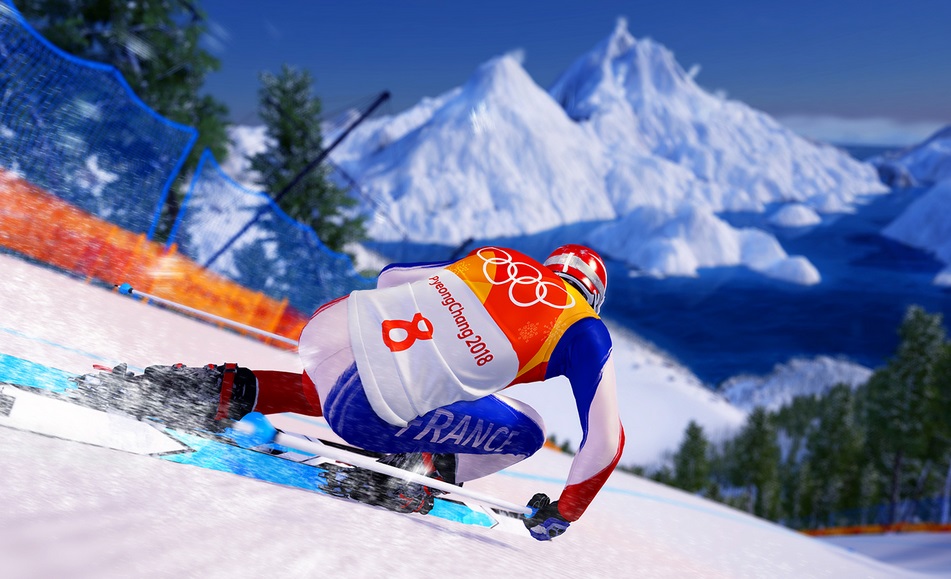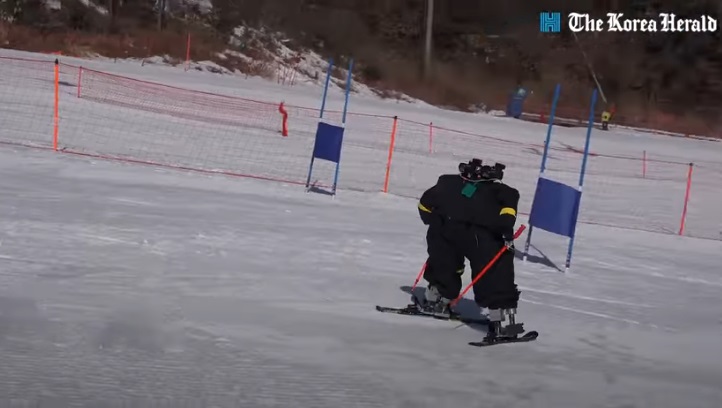Limpert Tech "SullyCast" on ALT 105.7 - Winter Olympics Tech
 Saturday, February 17, 2018 at 9:36AM
Saturday, February 17, 2018 at 9:36AM The Olympic Games every 2 years are breeding ground for new technology, that will soon find the way into our lives.

What's hot when it comes to technology in Pyeonchang?
Rick and Sully discuss...
1. Streaming the Games
It's now easier than ever to stream the Games
- YouTube TV (Free Trial): YouTube TV includes NBC, so you’ll be able to enjoy the Olympics - Sign up for ExpressVPN, connect to a U.S. server and go to https://tv.youtube.com/.
- BBC without Cable or Satellite (Free Registration): The BBC is an official UK broadcaster of the games - Using a VPN, connect to a UK server and visit the BBC Olympics web site.
- NBC Online (cable subscription needed): In the U.S., NBC is the official broadcaster for the 2018 games. Using a VPN, connect to a U.S. server and visit http://www.nbcolympics.com/.
- NBC Sports App (cable subscription needed): Prefer watching on mobile, tablet, gaming console or other device? - Using a VPN, connect to a UK server and get the NBC Sport App.
- UK ($7/day): Eurosport is one of the official broadcasters for the UK - Using a VPN, connect to a UK server and visit the Eurosport web site and sign up.
2. 5G Wireless Speeds
The games will be broadcast on the world's first fifth-generation (5G) network, whose transmission speeds are expected to be 1,000 times faster than existing long-term evolution (LTE) networks.
"The 5G network is expected to revolutionize the broadcasting industry as it is capable of delivering massive data needed for VR or hologram services," local Korean website Yonhap News wrote in January.

3. TheraBand CLX Consecutive Loops
www.therabandclx.com
$24.99
- Used by Lindsay Vonn in her training
With the help of her trusty TheraBand CLX Consecutive Loops, Vonn has not only strengthened and toned her full body, but also recovered from serious injuries such as a broken arm and two knee ligament tears.
“I felt like that’s one thing that I’ve made my mission in my career is working absolutely as hard as possible so that there’s never a question in my mind whether I could have worked harder,” say Vonn, who uses the CLX Bands heavily during training and rehab.
All-in-One product does the work of bands, loops, tubing with handles, and door anchors. Available in 5 ft. pre-cut lengths and 25 yd. Bulk Rolls.

4. How NASA Tech Helps Predict Snowfall for the 2018 Winter Olympics
To provide the gold-medal hopefuls with forecasts every 6 hours and improve snow-prediction models for mountainous terrains, NASA has partnered with 20 agencies from about a dozen countries to collect weather data during the 2018 Winter Games in Pyeongchang, South Korea, according to a recent statement from the space agency.
The World Wildlife Fund estimates that one out of every eight people lives in the world's mountains, and according to NASA, one in six relies on the water released by seasonal snowfall collecting in the mountains. Winter wonderlands are vital, but for many people during these next few weeks, fresh powder will feel even more important. Most nations have their eyes on the dramatic snow-capped mountains around Pyeongchang to watch their most-talented skiers and snowboarders go for gold.
5. The Robot Ski Challenge
The Olympians weren't the only ones sking down the slopes in Pyeonchang.
For everyone worried now that robots have learned how to open doors and perform somersaults, take heart: if you’re good at skiing, they probably won’t catch you on mountain slopes.
Just a short drive away from PyeongChang, the site for the 2018 Winter Olympics, the Welli Hilli ski resort held the Edge of Robot: Ski Robot Challenge, where Korean students and tech organizations competed for a $10,000 prize to see whose robot could navigate a simple alpine skiing challenge the fastest.
 ALT 105.7,
ALT 105.7,  Sully,
Sully,  Winter Olympics in
Winter Olympics in  ALT 105.7,
ALT 105.7,  Sports,
Sports,  tech segment
tech segment 